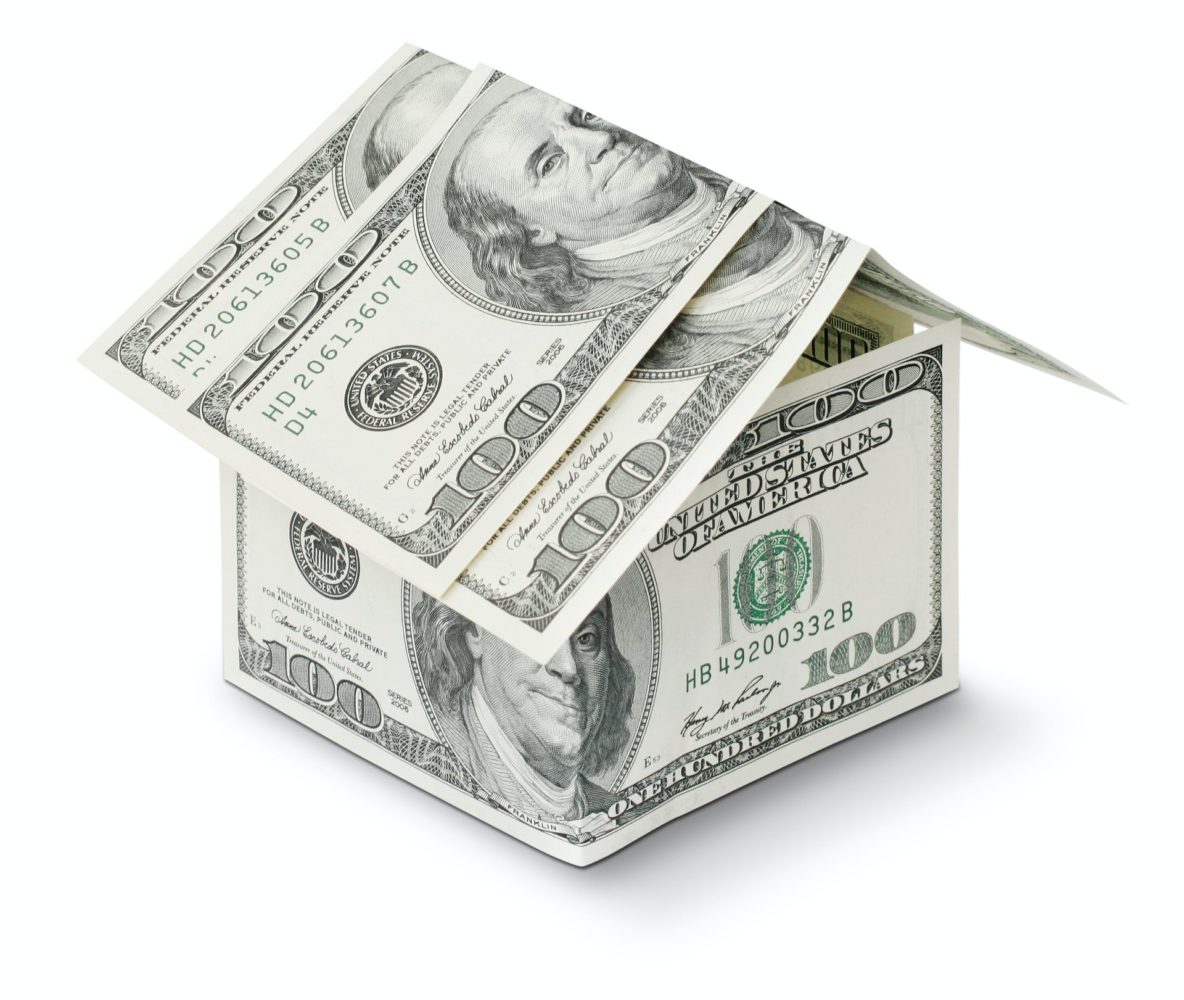When you get a mortgage to buy a home in Albuquerque, you are taking out a long-term loan. Mortgages are used to finance the purchase of a home. As well as repaying your principal, you make interest payments to your lender. Your house and land serve as collateral for the loan. A mortgage consists of two basic components: principal and interest. The following sections describe what they are and how they impact you as a borrower.
What is a Principal Payment?
As a borrower, you will initially borrow a certain amount of money, which is called the principal. You calculate your principal by subtracting the final selling price of your home from your down payment. Your budget and how much home you can afford are determined largely by your principal.
As soon as you borrow money, interest begins to accrue. Mortgages are typically paid in monthly installments over a 15- or 30-year period. The outstanding principal on your mortgage refers to how much you still owe.
Interest on a Mortgage
Mortgages don't just require you to pay the principal each month. You also pay interest. A lender charges you interest to let you borrow money. The interest rate is determined by a percentage. The money you pay each month goes toward your principal and interest, and the two are combined into a single payment to your lender.
Does Your Mortgage Principal Change?
With most home loans, your monthly payments don't change despite paying down your principal over time. However, you will end up paying less interest over time. 3% of a smaller remaining principal, for example, is going to cost you less than 3% of your entire principal when your loan is processed. Even though your payments remain the same, you're putting more toward your principal.
Payment changes could occur on rare occasions. Getting an adjustable-rate mortgage is one example. Home loans come in two varieties. The first is adjustable-rate and the second is fixed-rate. Your interest rate will remain the same throughout the term of your loan if you take out a fixed-rate loan. A variable-rate mortgage has periodic rate changes. If the rate goes up, so do your monthly payments.
After you get enough equity in your home, your lender will cancel your private mortgage insurance, so your payment may change.
Refinancing means replacing your old mortgage with a new one. Therefore, you'll have a new interest rate, monthly payment, and term length on the new one. When you refinance, your principal could change, but it doesn't have to.
Last but not least, you can pay more toward your mortgage than the minimum. You can either make a monthly payment or a lump sum payment. When you make extra payments, you reduce your principal, so you can pay less in interest every month.
When you reduce how much you pay in interest, you get lower monthly payments.
